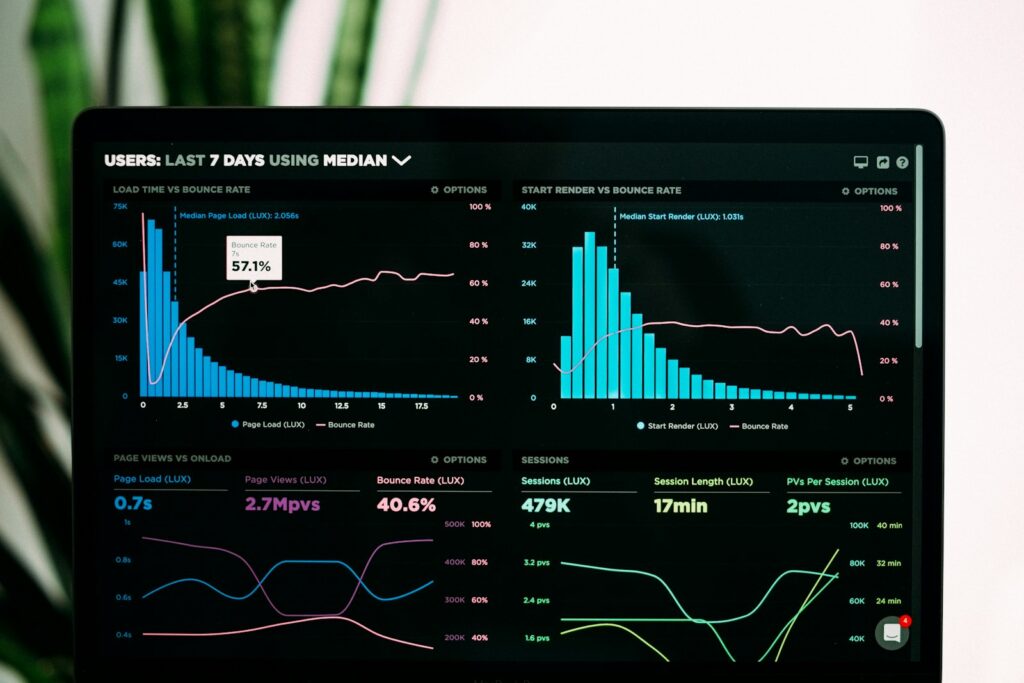In the dynamic world of digital marketing, staying ahead of the curve requires constant innovation and adaptation. Artificial Intelligence (AI) has emerged as a game-changer, revolutionizing how businesses approach marketing strategies. By harnessing the power of AI, companies can gain deeper insights, automate processes, and deliver highly personalized experiences. This comprehensive blog explores the transformative impact of AI on digital marketing, highlighting key areas where AI is making a significant difference.
1. Data-Driven Insights
a. Enhanced Customer Understanding
AI-powered analytics tools can process vast amounts of data to provide businesses with detailed insights into customer behavior, preferences, and trends. By analyzing data from various sources, such as social media, website interactions, and purchase history, AI can help marketers understand their audience on a granular level.
b. Predictive Analytics
Predictive analytics, driven by AI, allows marketers to forecast future trends and customer behaviors. By identifying patterns in historical data, AI can predict which products customers are likely to buy, when they are most likely to make a purchase, and how they prefer to interact with brands. This enables more effective targeting and campaign planning.
2. Personalization and Customer Experience
a. Personalized Content
AI enables marketers to deliver highly personalized content to individual users. By analyzing user data, AI can determine the most relevant content for each customer, ensuring that they receive messages tailored to their interests and needs. This level of personalization enhances customer engagement and loyalty.
b. Chatbots and Virtual Assistants
AI-driven chatbots and virtual assistants provide instant customer support and personalized recommendations. These tools can handle a wide range of tasks, from answering common queries to guiding customers through the purchasing process. This not only improves the customer experience but also frees up human resources for more complex tasks.
3. Automation of Marketing Processes
a. Email Marketing Automation
AI can automate and optimize email marketing campaigns by analyzing user behavior and preferences. It can determine the best times to send emails, the most effective subject lines, and the type of content that resonates most with recipients. This leads to higher open rates, click-through rates, and conversions.
b. Ad Targeting and Optimization
AI algorithms can analyze vast amounts of data to optimize ad targeting and placement. By identifying the most relevant audience segments and predicting the best performing ads, AI ensures that marketing budgets are spent more efficiently. This results in higher ROI and more effective advertising campaigns.
4. Content Creation and Curation
a. AI-Generated Content
AI can assist in generating high-quality content quickly and efficiently. Tools like GPT-4 can create blog posts, social media updates, and even video scripts. While AI-generated content still requires human oversight, it can significantly speed up the content creation process.
b. Content Curation
AI can also curate content by analyzing vast amounts of information and selecting the most relevant pieces for a specific audience. This helps marketers keep their audience engaged with timely and pertinent content without having to manually sift through large volumes of data.
5. Enhanced Customer Segmentation
a. Advanced Segmentation Techniques
AI enables more sophisticated customer segmentation by analyzing various data points and identifying unique characteristics within the audience. This allows for the creation of highly targeted marketing campaigns that cater to specific segments, improving relevance and effectiveness.
b. Real-Time Adjustments
AI can make real-time adjustments to marketing strategies based on ongoing data analysis. For example, if a particular segment is not responding well to a campaign, AI can quickly identify this and suggest changes to improve performance. This agility ensures that marketing efforts remain effective and responsive to customer needs.
6. Performance Tracking and Optimization
a. Real-Time Analytics
AI provides real-time analytics, allowing marketers to track the performance of their campaigns as they happen. This immediate feedback enables quick decision-making and adjustments, ensuring that marketing efforts are always optimized for the best results.
b. Continuous Improvement
AI’s ability to learn and adapt means that marketing strategies can continuously improve over time. By analyzing past campaign data and identifying what worked and what didn’t, AI can help marketers refine their approaches and achieve better outcomes in future campaigns.
Conclusion
The integration of AI into digital marketing strategies is not just a trend but a fundamental shift that is transforming the industry. By leveraging AI’s capabilities, businesses can gain deeper insights, deliver more personalized experiences, automate repetitive tasks, and optimize their marketing efforts in real-time. As AI technology continues to evolve, its impact on digital marketing will only grow, offering even more opportunities for innovation and growth.
Embracing AI in digital marketing is no longer optional; it’s essential for staying competitive in today’s fast-paced digital landscape. By adopting AI-driven strategies, businesses can not only meet but exceed customer expectations, driving engagement, loyalty, and long-term success.
Related Articles:



